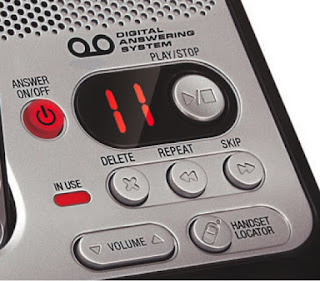I drove my son to school today.
I worked with students.
It snowed most of the morning.
I read the last text I sent you yesterday, asking if the doctor had a plan.
I read your answer: yes. He was a nice doctor. He sat with you for an hour.
Great, I said. What’s the plan?
I thought maybe you’d tell me today.
All day I thought of Roethke’s letter to his student who died. “If only I could nudge you from this sleep.” I read some Yeats. “...a crowd of stars.”
They didn’t help. We want to believe that writing helps. We talk about it in the hall before class. Writing is something, at least. Isn’t it?
It’s Friday. It is an ordinary Friday.
On my way home, I see a car accident. I have to make sure. I slow down. Everyone’s ok.
Everyone is ok.
No one is ok.
I don’t want to stop writing this letter. It’s all I have.
It’s all we’ve ever had.
So, just me to you, just this, let me write you an exit. I’m going to pretend for a good long while that you are in the cabin in western Pennsylvania. You have gone “hunting," but everyone knows you are just reading. It’s a crappy novel, but you don’t care. The air is clean, isn’t it? The sun sets just a little slower here. The quiet. The peace.
The peace.
I will try to remember how much you loved that peace.






















